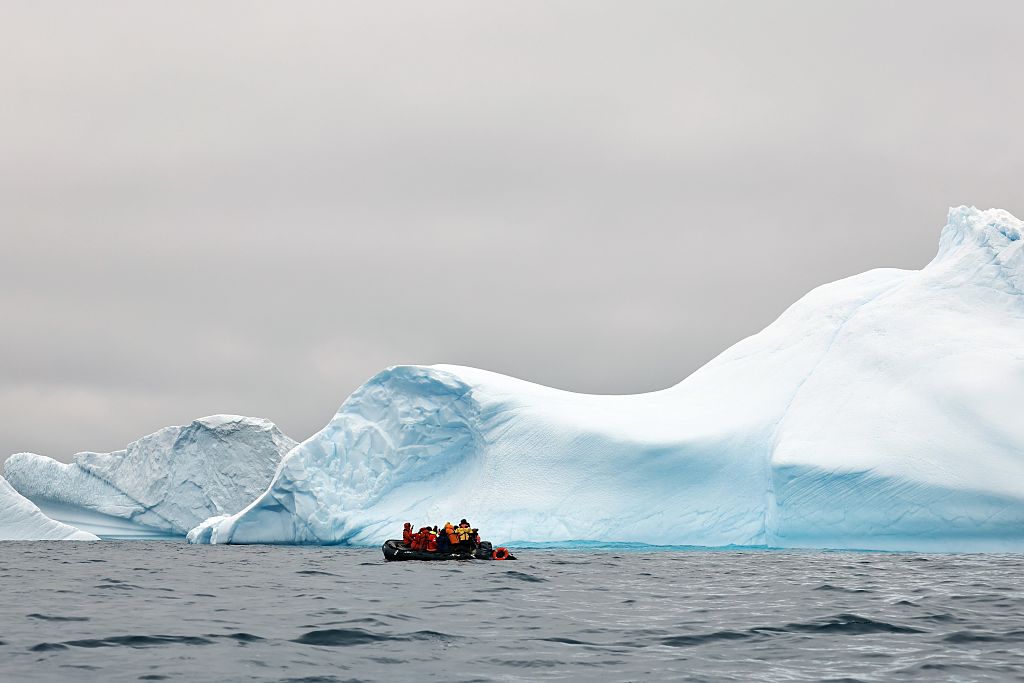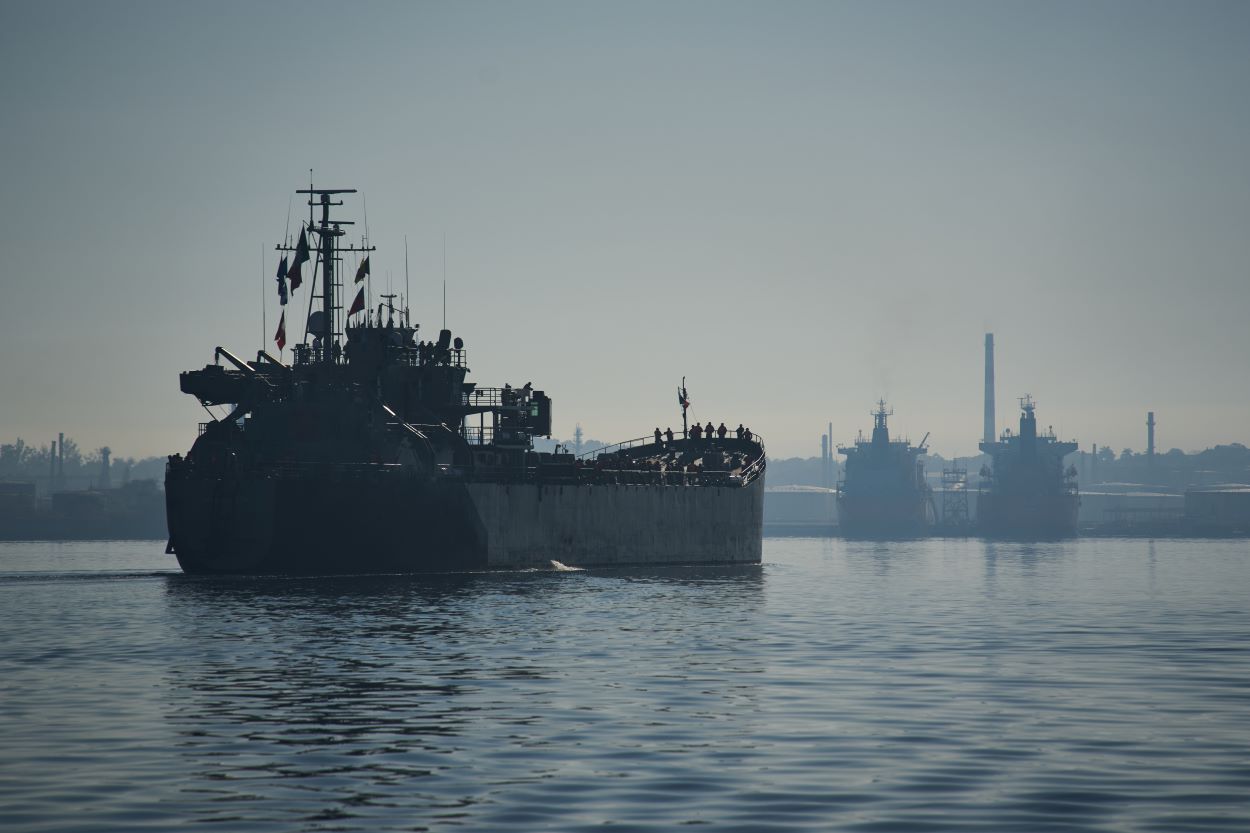Global Insider: Chile-Argentina Relations
Global Insider: Chile-Argentina Relations
The dispute over Argentina's decision to grant political amnesty to a Chilean ex-guerilla fighter "will have no lasting impact, though it does reveal growing differences within the region that will continue to spark friction," writes AS/COA's Christopher Sabatini for World Politics Review.
In early October, Chile delivered an official letter of complaint to Argentina over Buenos Aires' decision to grant asylum to Sergio Apablaza Guerra, a Chilean ex-guerilla fighter. In an e-mail interview, Council of the Americas' Senior Director of Policy Christopher Sabatini discusses Chile-Argentina relations.
WPR: What is the historical context of Chile-Argentina relations?
Christopher Sabatini: Relations between Argentina and Chile have never been smooth, but the two Southern Cone countries have always managed to avoid outright conflict. Since both countries achieved their independence from Spain, there have been minor territorial disputes along their shared border through Patagonia. The most significant one occurred in 1977-1978 over the Beagle Channel, when both countries were under military governments. After Argentina briefly attempted to seize the contested islands in the channel, the dispute was resolved -- in Chile's favor -- through the mediation of the Vatican.
Since both countries' transitions to democracy -- Argentina in 1983 and Chile in 1989 -- their militaries have conducted joint exercises and served together in U.N. missions. Economic integration since then has also helped foster better relations, though not without its share of bumps. In contrast to Chile's steady economic growth under democracy, the Argentine economy has experienced booms and busts. The Argentine currency devaluation in 2001 hurt Chilean exports to and Chilean investments in Argentina. And an agreement for Argentina to supply much-needed natural gas to Chile was scuttled when price controls in Argentina dampened production levels, requiring it to temporarily cut gas exports to Chile.
In the economic rivalry between the two countries, Chile's steady economic growth and political stability have given it the upper hand. It is something that rankles Argentines, but is no longer a cause of conflict or nationalism.
WPR: How has the Apablaza incident impacted the broader relationship?
Sabatini: While the controversy opens up old -- and unresolved -- ideological tensions within and between both countries, the issue is ultimately minor. However, it highlights the different ideological and institutional directions the two neighbors have taken.
Since their democratic transitions, Argentina and Chile have taken different routes in dealing with the past. Chile's approach has created a broad policy consensus and consolidated democratic checks and balances. Argentina, though, continues to wrestle with the days of insurgency and human rights abuses, with tensions in large part fueled by its political leaders who prefer to stoke the past for popular benefit.
The clash between the conservative Chilean government of President Sebastian Piñera and the leftist Peronist Argentine government of President Cristina Fernández de Kirchner is in part ideological. But it also reflects the lack of checks and balances in Argentina, which allow an Argentine president to impose an ideologically driven decision that is at the root of this conflict.
WPR: Is this likely to have a lasting impact, and, if so, what would that mean for the region?
Sabatini: This specific dispute will have no lasting impact, though it does reveal growing differences within the region that will continue to spark friction. Ultimately, the two presidents will resolve this, with the likely extradition of Apablaza. Personal diplomacy will resolve the current tensions -- as it often has in the past.
However, Fernández de Kirchner's decision to override the highest court in her land in granting political amnesty to Apablaza -- and Chile's reaction to that decision -- stems from the two countries' different attitudes toward institutions and the rule of law. That reflects a broader divergence across the region that makes such diplomatic and personal clashes more likely.








